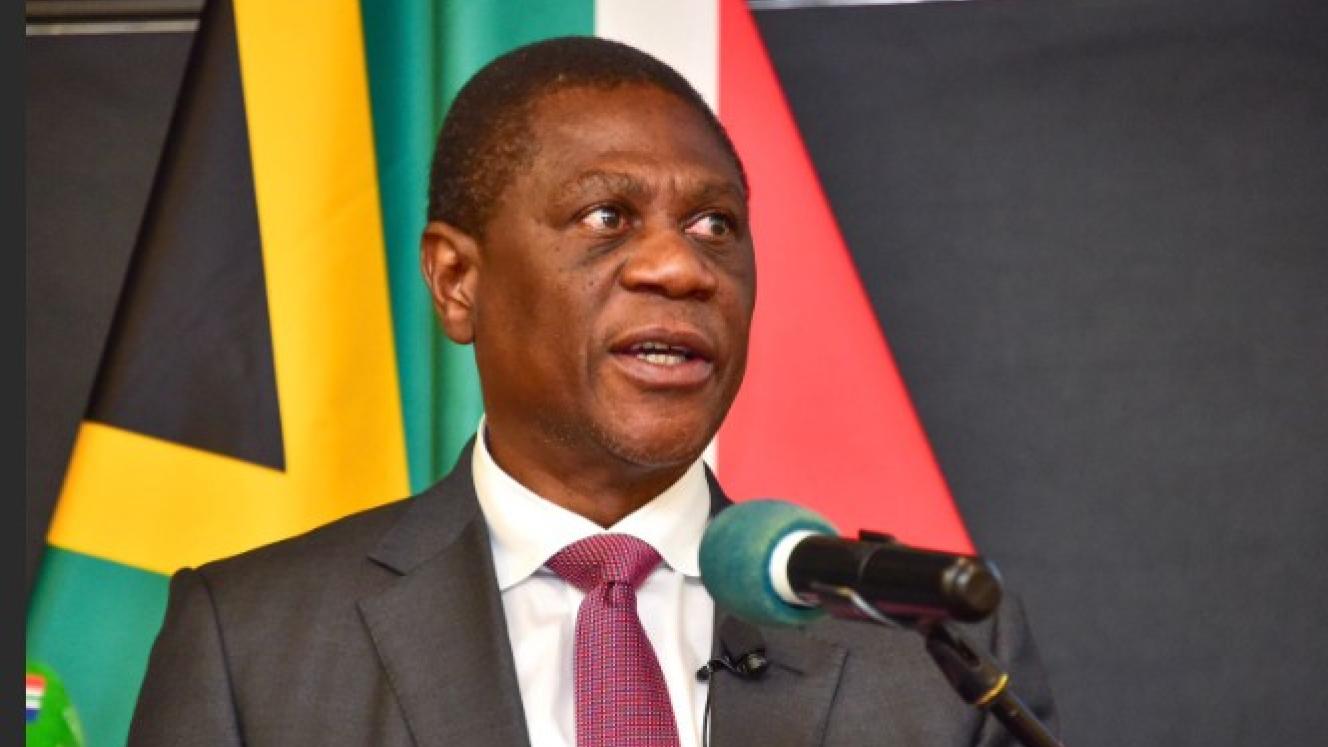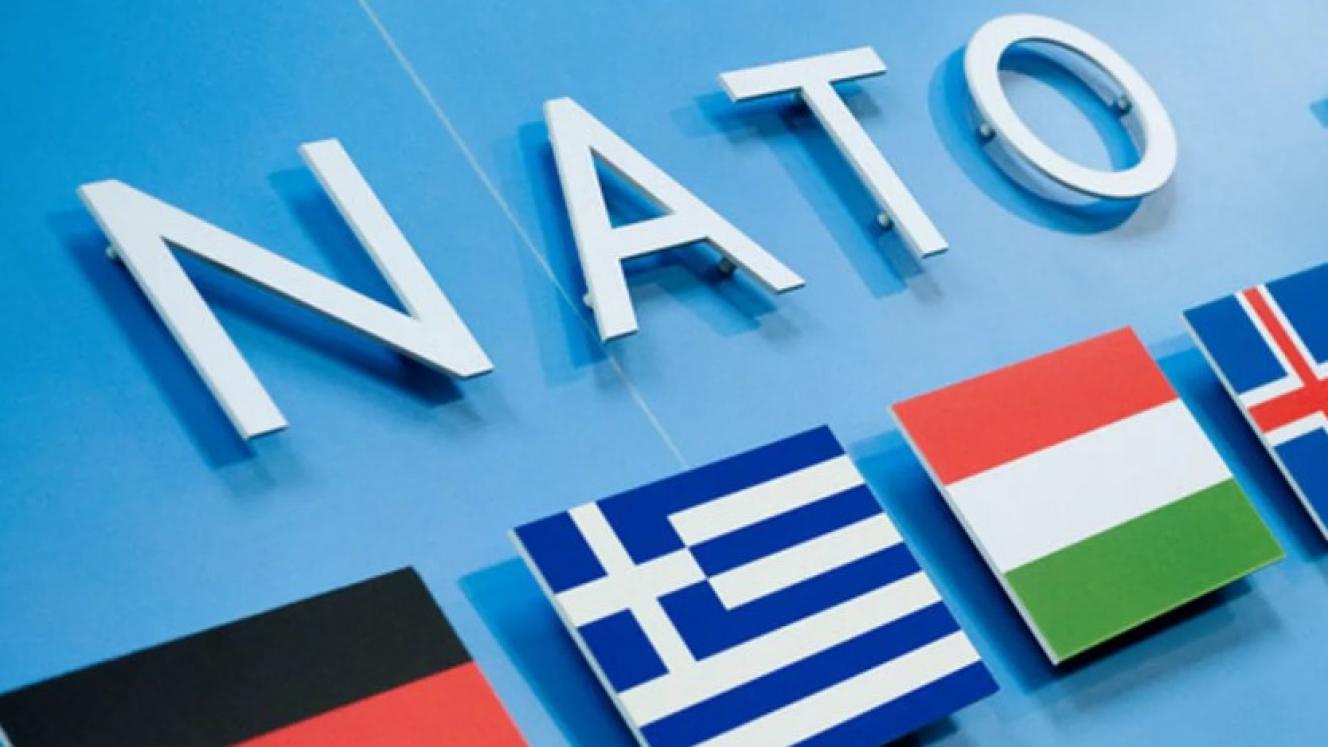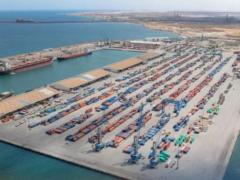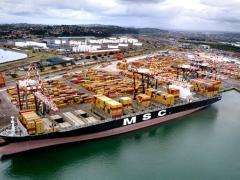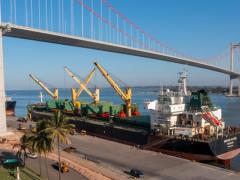President Cyril Ramaphosa will send another delegation to the White House to discuss trade tariffs with United States President Donald Trump’s administration, Deputy President Paul Mashatile has announced.
Mashatile said the recently announced 30% tariffs on South African imports to the US could disrupt trade flows and undermine the global competitiveness of the local automotive sector.
“We will continue engaging with the USA to identify practical solutions. The President will be sending the delegation once again to the White House to engage with the US administration on this matter,” he said.
Speaking at the National Association of Automotive Component and Allied Manufacturers (Naacam) Show 2025 in Gqeberha, Mashatile touched on the importance of the African Continental Free Trade Area (AfCFTA) agreement on economic integration and industrialisation, which is projected to draw additional international investment into the African automotive industry.
“However, this does not suggest that we do not need other nations as trading partners. We believe in diversifying our investments and engaging in trade with several partners,” he said.
Mashatile said Cabinet was committed to protecting the economic interests of the country.
“There will be repercussions felt throughout the entire value chain if we do not reach an amicable trade agreement with the White House,” he added.
It is likely that South African suppliers supporting domestic original equipment manufacturers (OEMs) exporting automobiles or integrated systems to the United States will face volume reductions.
“This will put pressure on production planning, employment decisions, and investment choices,” Mashatile said.
In addition, the South African automobiles and components would see a direct rise in the landed cost in the US market.
“Because of this, they would be unable to compete with goods from nations that have continued preferential or zero-duty access, such as those in the USMCA (United States, Mexico, Canada Agreement),” he said.
“Overall, the imposed tariffs threaten to disrupt well-established trade flows and weaken the global competitiveness of South Africa’s automotive manufacturing ecosystem.”
The automotive sector is one of the most strategically important and internationally linked industries, contributing 5.2% to GDP. It employs around 115 000 people in total, with over 80 000 people working in the component sector. In 2024, the component sector exported R62.5 billion of components.
“We must never allow the loss of these gains because of external and internal pressures. I say this with concern because the employment levels in the sector have been under strain due to ongoing economic pressures and reduced production volumes,” he said.
